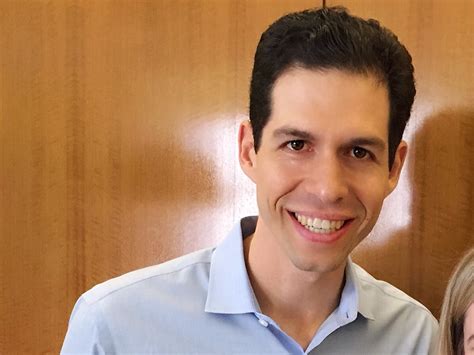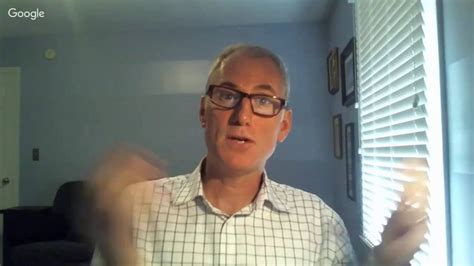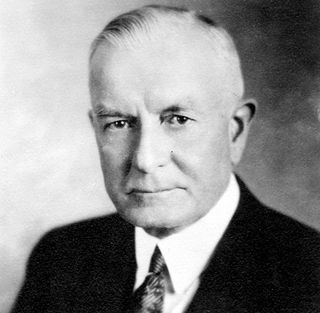A Quote by Judy Blume
In the early '70s - a very good time for children's books and their authors - editors and publishers were willing to take a chance on a new writer. They were willing and able to invest their time in nurturing writers with promise, encouraging them.
Related Quotes
Teachers and librarians can be the most effective advocates for diversifying children's and young adult books. When I speak to publishers, they're going to expect me to say that I would love to see more books by Native American authors and African-American authors and Arab-American authors. But when a teacher or librarian says this to publishers, it can have a profound effect.
If everything you do needs to work on a three-year time horizon, then you’re competing against a lot of people, But if you’re willing to invest on a seven-year time horizon, you’re now competing against a fraction of those people, because very few companies are willing to do that. Just by lengthening the time horizon, you can engage in endeavours that you could never otherwise pursue. At Amazon we like things to work in five to seven years. We’re willing to plant seeds, let them grow—and we’re very stubborn. We say we’re stubborn on vision and flexible on details.
The current publishing scene is extremely good for the big, popular books. They sell them brilliantly, market them and all that. It is not good for the little books. And really valuable books have been allowed to go out of print. In the old days, the publishers knew that these difficult books, the books that appeal only to a minority, were very productive in the long run. Because they're probably the books that will be read in the next generation.
When I started writing, the deal was that publishers gave you a grand or two as an advance to buy some sweets, with the promise that they would make a big putsch with your fourth book when you'd built up a bit of a following. But by the time my fourth book came out, previously unpublished authors were the new big thing.
When I was a kid, a lot of my parents' friends were in the music business. In the late '60s and early '70s - all the way through the '70s, actually - a lot of the bands that were around had kids at a very young age. So they were all working on that concept way early on. And I figured if they can do it, I could do it, too.



































